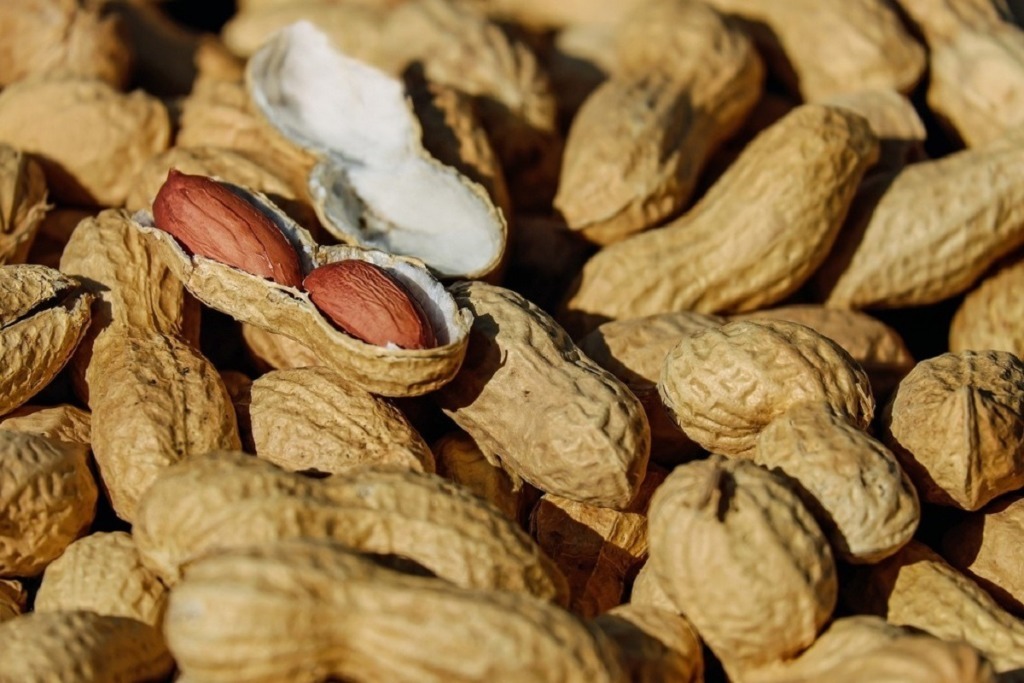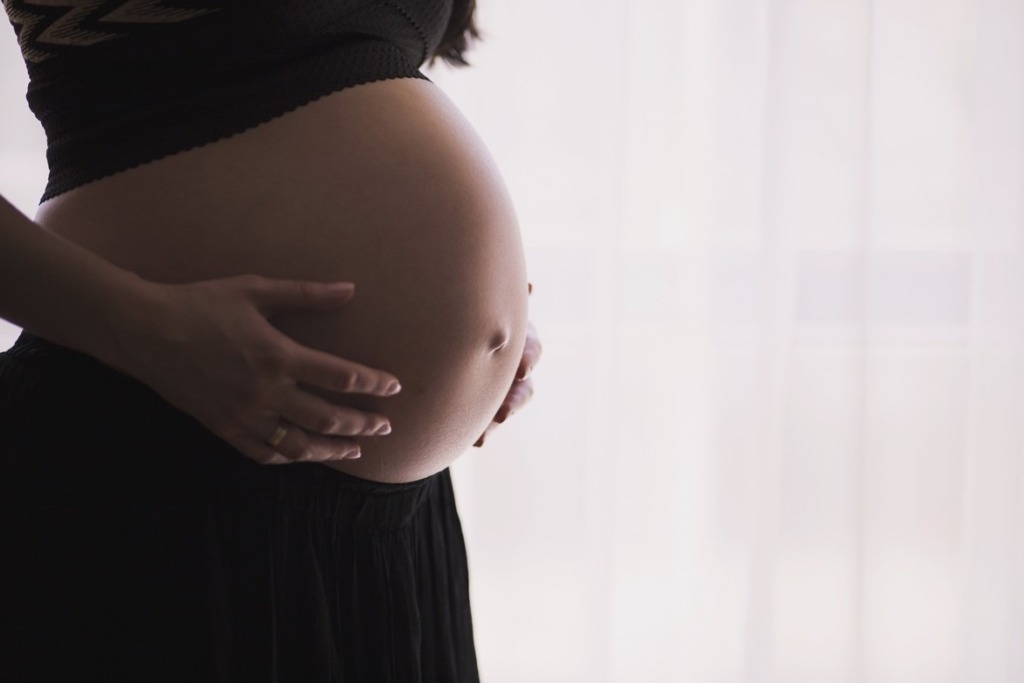
In Our Children Part 1
Written by Kaylee Slater
The prevalence of food allergies is on the rise worldwide, with the highest incidence found in younger children. Many more children today have allergies than they did decades ago, in fact the current statistics suggest that around 1 in 10 children have a food allergy, and this prevalence is growing by 1% each decade (Fujimura et al., 2019).
The advice around allergen introduction remains controversial as more and more research is emerging. Decades ago we were told to avoid potential allergens during pregnancy and breastfeeding, and delay their entry into the child’s diet through solids. Nowadays, emerging research recommends we introduce them before the baby is even born!
What are food allergies?
Food allergies occur when the immune system creates a specific protein (or allergen) in response to a food it perceives as “harmful”. Once the immune system has created this allergy, an allergic reaction will occur upon consumption of that food.
The most common food allergens are:
- Milk and milk products
- Seafood
- Peanuts
- Tree nuts (almonds, cashews for example)
- Soy and soy products
- Wheat
- Egg
- Sesame
In some cases, children with food allergies will grow out of them as they get older. However, don’t hold onto this thought, this is not always the case and often unlikely with seafood and peanut allergies.
So the question lies, is there something we can do to prevent allergies in our children? Well, we can definitely take steps to minimise the risk – all the way from pregnancy to breastfeeding and when introducing solids. In saying that, we can’t prevent this entirely and some of us are just more susceptible to allergies than others.
Should you expose the baby to allergens in the womb?
Evidence suggests that exposing the growing baby to allergens in the womb can control the baby’s sensitivity to these triggers. But why is this?
The emerging evidence suggests that early exposure to allergens can reduce the risk of children developing allergies. Avoiding particular foods (e.g. common allergens) has not been shown to reduce the risk of food allergies, and in fact, the opposite is seen. Eating a wide variety of foods, including common allergens, has been shown to reduce the risk of food allergies, as well as asthma and eczema (Fujimura et al., 2019).
The maternal diet, while important for the growth and development of the baby, also has the ability to influence and shape their immune response. Nutrition, allergens and immune cells (amongst many other things) are transferred through the placenta. Therefore, the first contact of allergens can in fact occur in utero. Research also suggests that major food allergens can appear (in-tact) in amniotic fluid, exposing the growing baby to these allergens as early as a conception (Pastor-Vargas et al., 2016).
This may go without saying, but if you have a food allergy yourself, don’t start re-introducing those foods in pregnancy, this will only put you in danger and leave you uncomfortable.

Should you continue exposing your newborn to allergies through breastmilk?
Short answer – YES!
Similar theories apply to that of pregnancy – the earlier your baby is exposed to common allergens, the less likely they are to develop food allergies. Again, I am going to reiterate that this doesn’t mean that definitely won’t develop food allergies, it just decreases the risk.
Maternal and environmental factors can impact the mother’s milk composition. Additionally, it is known that what a woman eats during lactation can affect the make-up of the breastmilk, where nutrients and proteins are transferred into the milk and therefore into the baby. One study found that children who were regularly exposed to peanuts through their mother’s breastmilk had a lower incidence of peanut allergies than those with little to no peanut exposure (Lopez-Exposito et al., 2009). There is evidence suggesting that exclusive breastfeeding can also prevent the onset of some food allergies, as immune factors (e.g. antibodies) are also passed into breastmilk and therefore into the baby.
The issue however is that this can go both ways. Exposing the baby to allergens through a mother’s diet can decrease their risk of developing food allergies. However, if the baby does develop a food allergy, the mother’s consumption of those foods, and therefore her breastmilk may lead to adverse reactions in the baby.
So, what should you do?
Continue to consume common allergens, as you would during pregnancy, unless:
- Your baby develops adverse reactions to the breastmilk, in which you should then contact your Doctor.
- You have a food allergy, and in that case avoid that food item/s.
For more information on breastfeeding and food sensitivities, head to the Australian Breastfeeding Association.
Summary: Practical tips for women during pregnancy and lactation
Tip 1: Eat a wide variety of foods during pregnancy and lactation
Enjoy a wide variety of foods from all food groups mentioned in our Australian Dietary Guidelines. This will not only increase the nutrient quantity and quality of your diet but also expose your baby to a variety of different foods, flavours and allergens.
Tip 2: Don’t avoid common allergens
Unless you have a food allergy or intolerance, avoiding common allergens during pregnancy and lactation will not protect your baby from developing adverse reactions to foods. In fact, it may do the complete opposite. Current research suggests that early exposure to allergens (as early as in utero) is protective and safe for the baby.
What is next?
Next issue we will release Part 2 of preventing food allergies in children!
The next issue will discuss an introduction to solids. After 4 months, depending on each individual child, babies can be introduced to food other than breast milk or formula. This time is crucial in the prevention and onset of allergies, as generally if your child were to have a reaction, it would be now. Stay tuned to find out how to introduce the allergens, how this can prevent food allergies and where to if the baby is diagnosed with an allergy!
Can we prevent food Can we prevent food



